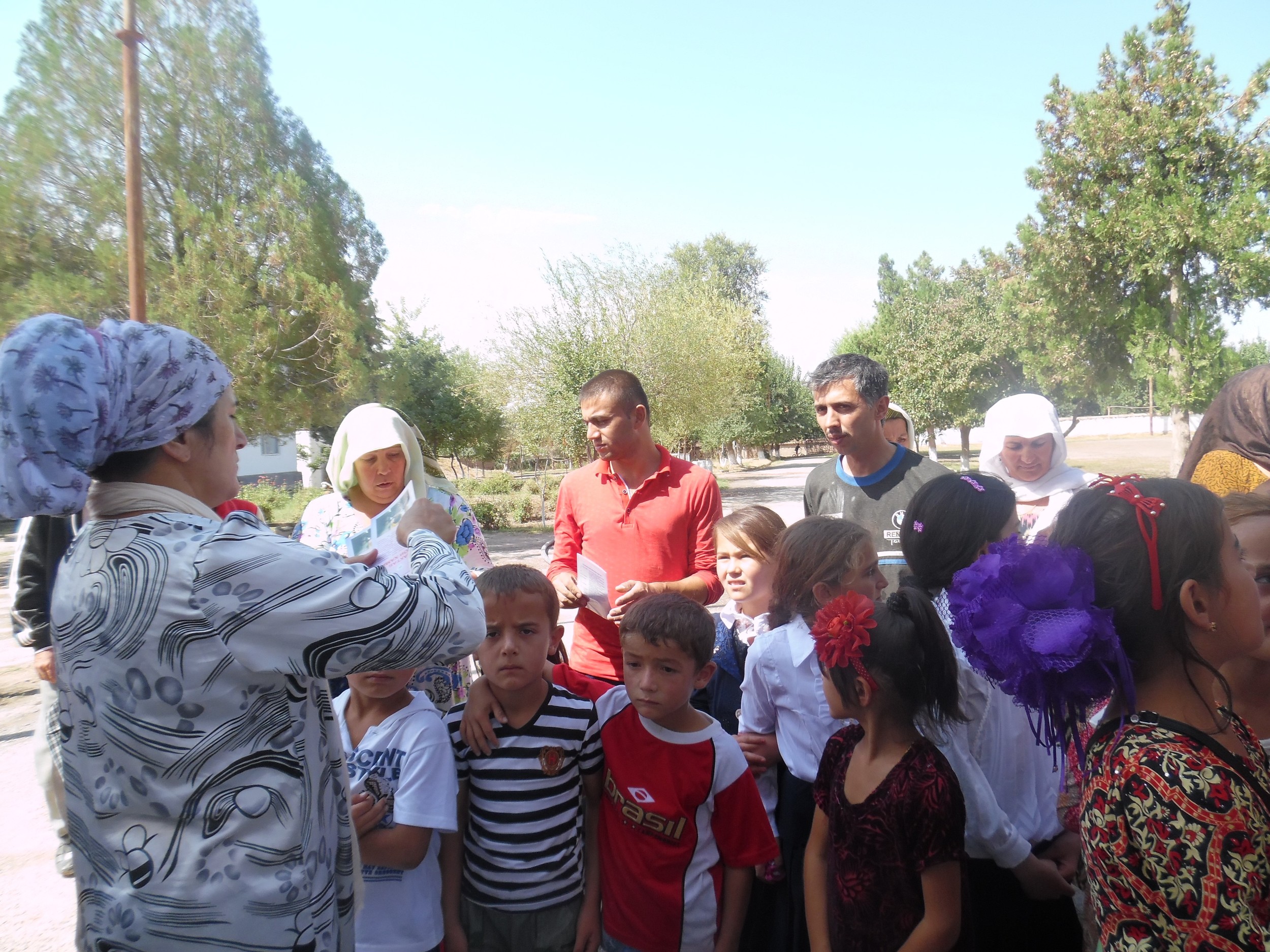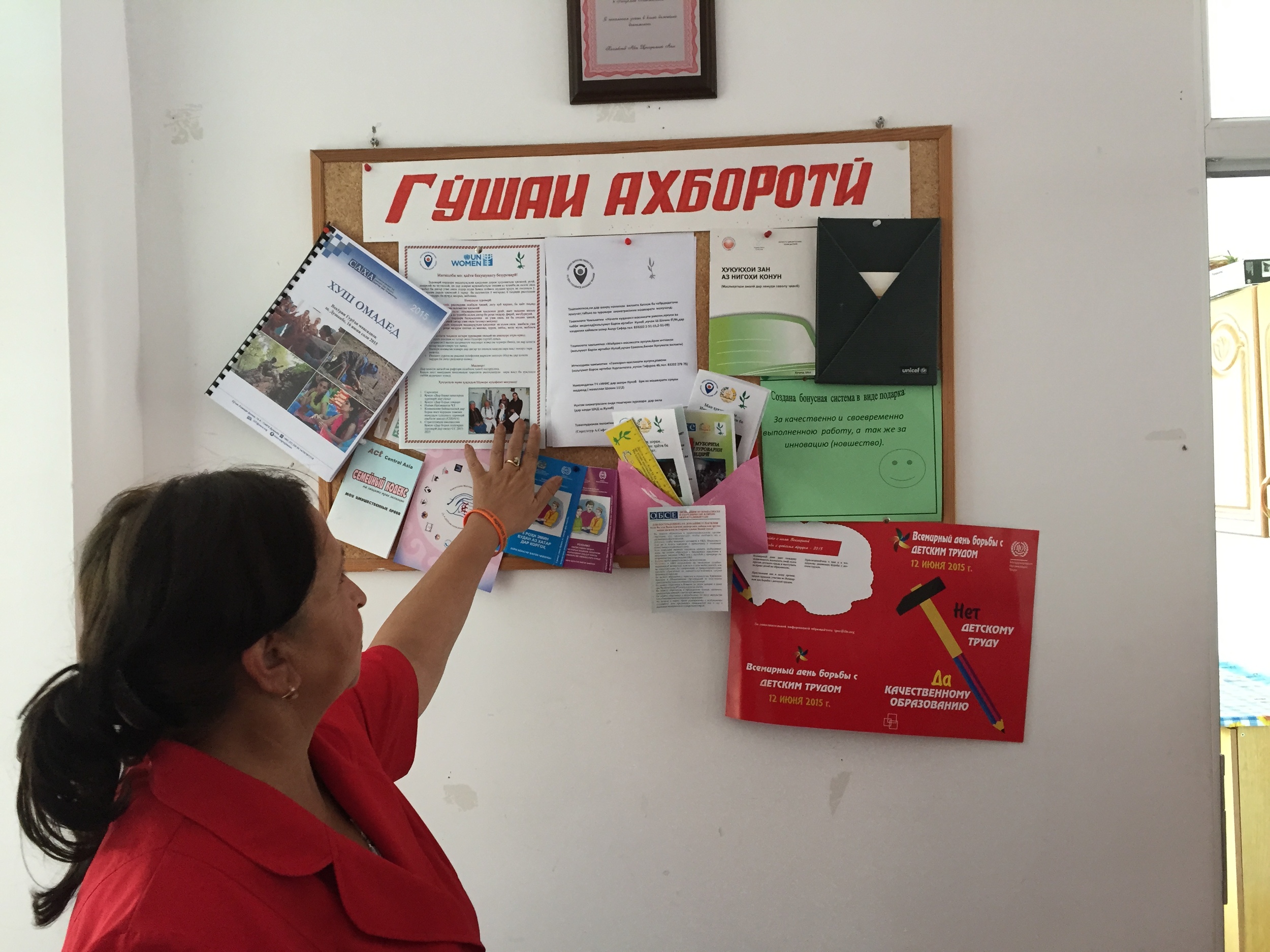Opportunity Initiative
As a company that is rooted in the experience and awareness of the violence against women and girls, Yuwei recognizes the Opportunity to create change as well as an Opportunity to get involved. It is through this mission, that Yuwei has aligned with the United Nations Trust Fund to End Violence against Women to create the Opportunity Initiative exclusive jewelry collection. 100% percent of net proceeds from the exclusive collection will go to this cause, while 3% of net proceeds from other pieces will also be donated. The Trust Fund, which is devoted to providing services and advocacy, is managed by UN Women on behalf of the UN system.
Yuwei designed the limited edition collection by remaining true to her signature aesthetic, yet still picking up on the distinctive teardrop shape of the logomark for the UN Trust Fund, which represents the tears of survival of the women they support. Key pieces of this handcrafted collection include gold-plated earrings, bracelets, necklaces and rings that tell a story of strength, power, dignity and healing drawing from Yuwei’s own life experiences. The designs incorporate orange citrine stones that are used as one of the colors of the Fund’s brand and which symbolizes a bright future, without violence against women and girls.
Read more below about how the UN Trust Fund supports grantee Najoti Kudakon.
UN Trust Fund Supports NGO Najoti Kudakon
Photo (left): UN Trust Fund; Photo (right): Najoti Kudakon
Tajikistan’s 5-year civil war in the nineties devastated its economy and people. These affects coupled with a traditionally patriarchal society, left women and children, the country’s most vulnerable population, with even fewer resources to protect themselves. Women survivors of violence from the conflict as well as domestic violence were and remain in critical need of support where violence behind closed doors and within families is often accepted as the norm; and where there is little documentation for women, rendering them almost “invisible”.
Kurbongol Kosimova, a widow of the civil war, was herself enduring the daily trials of living in a war-torn state when she left her work at a metropolitan hospital to assist women and children in the rural and mountainous area of Kulob. There, the lack of access to social services and medical care was severe. In 1993, along with four other widows, she established Najoti Kudakon (NGO). Her organization, which means ‘Save the Children’, runs the country’s only-existing long-term safe house, and supports survivors by forming sustainable self-help groups and training women in innovative ways to be financially self-sufficient.
Kurbongol and her organization achieved a significant milestone in 2013 after years of sustained advocacy and lobbying when Tajikistan adopted a Law on the Prevention of Domestic Violence. However, implementation and access to services continue to be a critical challenge, particularly in rural and isolated areas of the country where many harmful traditional practices still exist.
Wedding ceremonies that are not registered in any institution leaves them without possibility to divorce, receive alimony, or have legal protection. In rare situations of divorce, it is perceived as the ultimate punishment, as the woman’s social and economic status depends heavily on the husband’s will. Early marriages are rampant with men having the right to refuse a “non-virgin” wife. Women suffer from lack of access to the labor market, employment opportunities, education, information, knowledge of basic human rights, and economic deprivation. Living under fear and threat of being dishonored by their families many are driven to suicide and self-immolation due to high levels of violence experienced and the absence of any support. Now, under the leadership of Kosimova who has emerged as Najoti Kudakon’s powerful martriarch, these women have access to services such as psychological help, first aid, legal advice, legal document drafting, and court support. To date, nine cases of violence against women have reached the courts.
With a focus on generating independence and self-reliance, survivors also now have access to educational programs and trainings, and development of professional skills along with education on prevention of conflict situations at work. Referral mechanisms are greatly improved through a network of Women’s Support Groups in underserved communities with additional groups in more remote rural areas. These groups have become active community mobilizers against violence, organizing events and materials to share information about the new law and women’s rights to increase the awareness of the general public and decision-makers. While the effects of the new law are still to be seen, Najoti Kudakon, persists in pressuring and mobilizing local authorities to develop common strategies to protect these women.
About the UN Trust Fund to End Violence against Women:
The UN Trust Fund to End Violence against Women (UN Trust Fund) is a testimony to the global consciousness that violence against women and girls is neither inevitable nor acceptable. The UN Trust Fund is a leading global grant-making mechanism exclusively dedicated to addressing violence against women and girls in all its forms. It supports effective initiatives that demonstrate that violence against women and girls can be systematically addressed, reduced and, with persistence, eliminated. To date, the Trust fund has awarded $103 million to 393 initiatives in 136 countries and territories. It currently supports 95 active initiatives in 75 countries and territories with grants totaling $56 million.
To learn more about the United Nations Trust Fund to End Violence against Women visit http://www.unwomen.org/en/trust-funds/un-trust-fund-to-end-violence-against-women.











